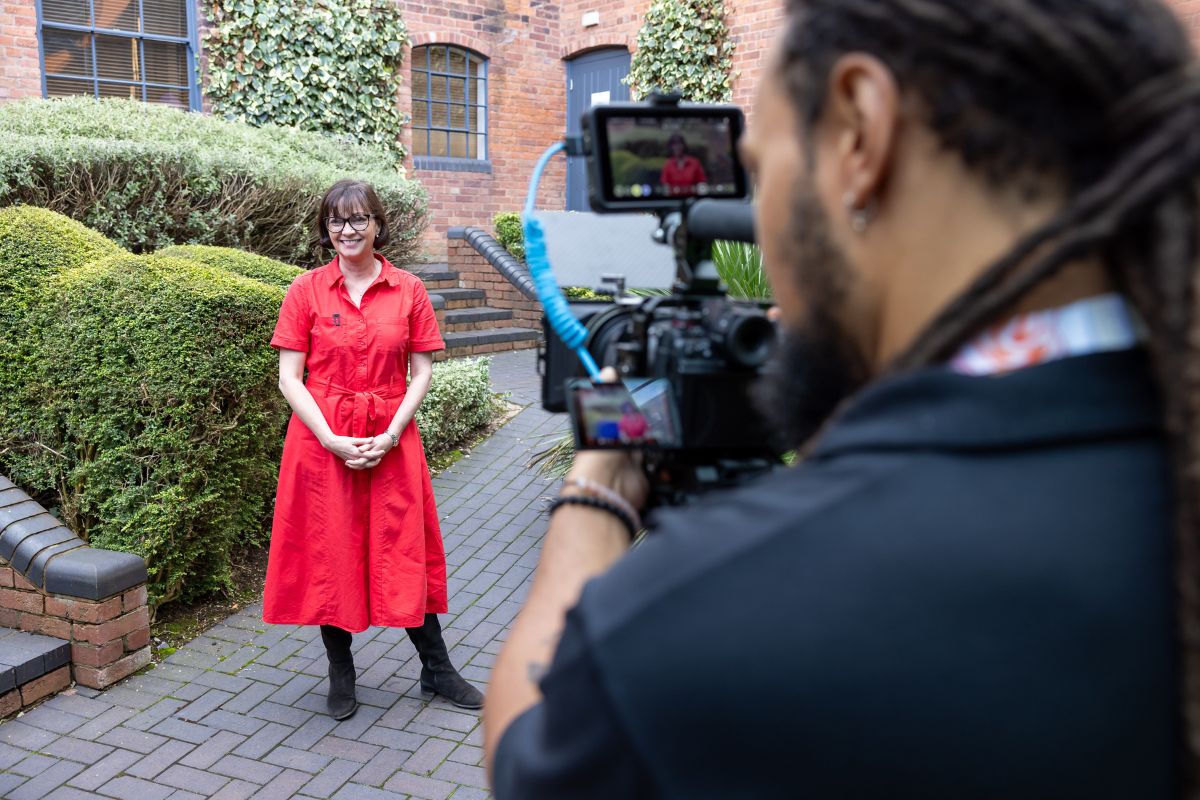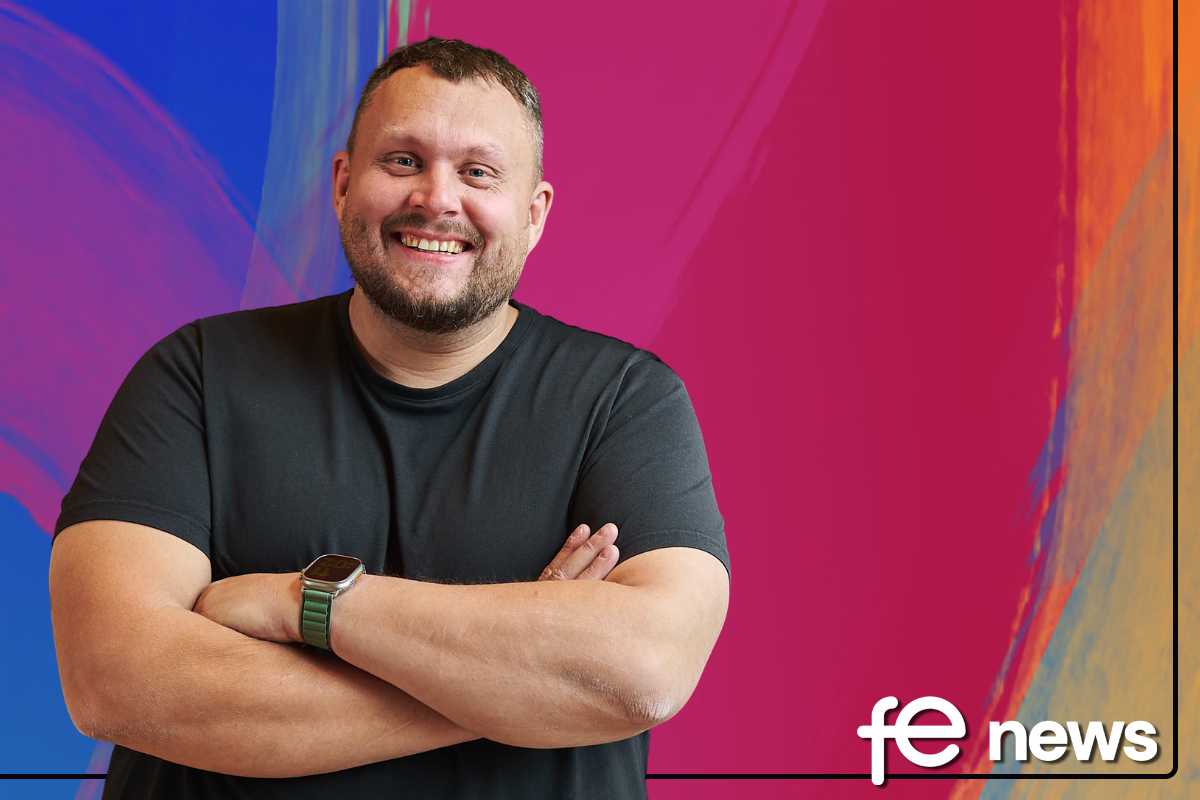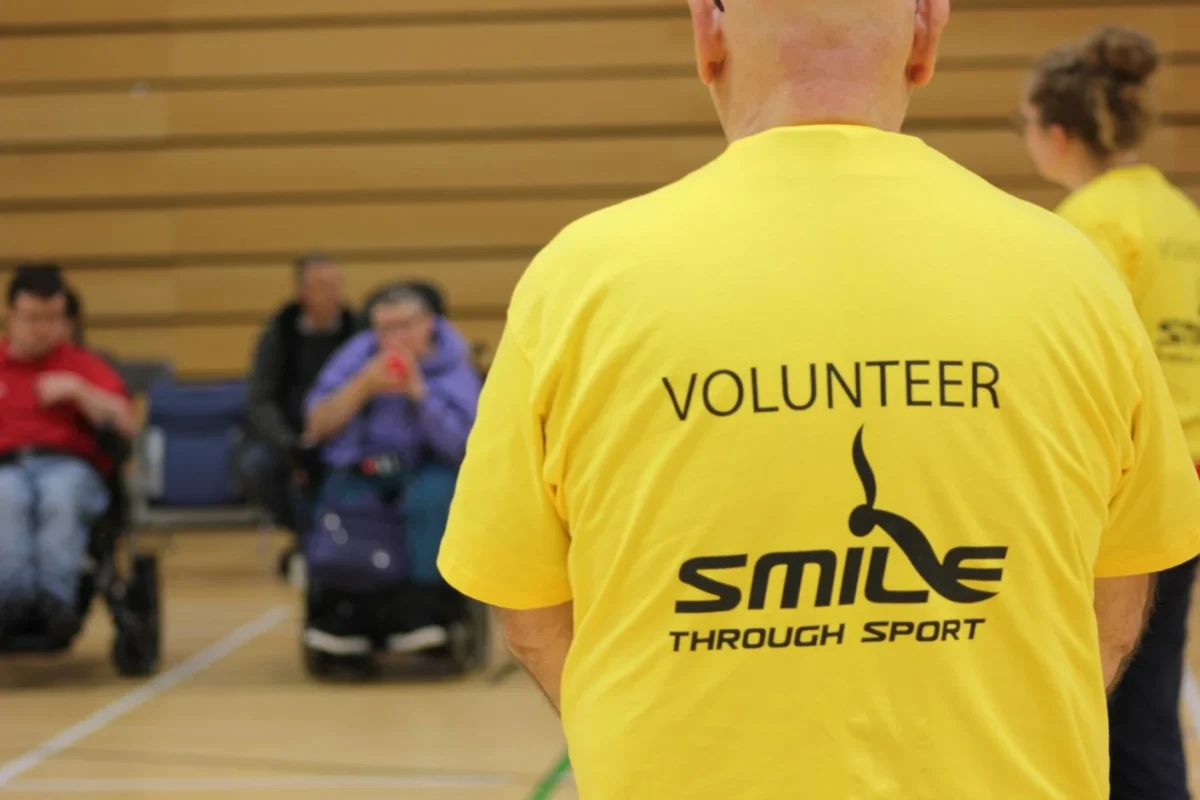Two years of Employee Ownership: How Harriet’s appointment is helping the boardroom to act on the employee voice

Harriet Kelly is only 28, yet feels her voice is equally heard in the boardroom at the £130 million turnover, 2,400-employee public services business Seetec Group.
The former teacher believes this is one of many positive outcomes since the employment, skills and justice services provider became employee-owned two years ago this month. In 2021 Seetec was ranked the UK’s eleventh-largest employee-owned business.
Entering employee-ownership just two months before a global pandemic could have derailed Seetec’s commitment to this new way of doing business. Instead, the company believes it has helped them to ride the storm.
Harriet joined Seetec’s Group Executive Board after being elected Employee Trustee Director in October. She said: “I didn’t know what to expect but I soon felt genuinely accepted and involved. Everyone treats me as though I’m at the same level as they are, and my input is really valued. It is a real opportunity for me to represent employees’ voices in the boardroom.”
Harriet joined Seetec Outsource, the specialist skills and education division of the Seetec Group, in 2019 as an English for Speakers of Other Languages (ESOL) tutor in Liverpool, and quickly rose to Lead Tutor and then ESOL Academy Manager.
Ever since secondary school, Harriet has been on an upward trajectory. She was the first in her family to go to university, supported by a scholarship award at her Liverpool comprehensive school which helped her attend the city’s prestigious University of Liverpool.
That experience has helped her in her current role in the Professional Standards and Development team as Quality and Innovation lead. She is also acting as Strategic Lead for Women and Young Girls, a role which aims to identify and break down barriers women face in accessing education, training and work.
Harriet sees Seetec’s employee ownership as strengthening collaborative working between employees and management. “Recently we recruited two new people in my team, who were attracted to Seetec because of our employee ownership. They asked me to explain how things are different and I showed them the video summary our CEO provides after each board meeting.
“They were shocked by how honest it was. From day one, you have access to high level conversations which give you a full picture of the business you’ve joined.
“All employees are sent quarterly financial updates, with graphics and explanations. We also have a live question and answer session with a finance representative. A lot of people don’t have a financial background, but the business genuinely trains you to feel like an owner and ask questions about financial decisions.”
At Harriet’s first board meeting, she asked board members to identify the benefits of employee ownership, an exercise that was filtered down to the Employee Council and other employees.
“We ended up with four pages of benefits!” she laughed, “colleagues feel empowered to have their say. There is more engagement across the business because we are building a culture that’s about working together, because everyone in the business is a genuine stakeholder.”
There are many tangible examples of this engagement in action. During the Covid-19 pandemic, Seetec was quick to position itself to respond to employees’ struggles.
Initiatives included setting up a Covid grant scheme for those facing financial challenges, and a Home-Schooling Support Group for those needing help ranging from subject support to re-purposed laptops donated by colleagues and distributed to employees in need. There were health and wellbeing initiatives too, ranging from online Zumba and yoga to step-counting walking challenges.
Results from a recent employee survey reflect the employee ownership ethos showing job satisfaction increased to 83% whilst health and wellbeing moved up to 80% from 77% in 2020.
Harriet believes service users have benefited from the positive culture within the business. “Colleagues are more committed because they are stakeholders, and they have a greater role in designing and shaping our services. This leads to higher quality service design and a better customer experience.”
Seetec’s commitment to social value has also been enhanced: the Employee Council pushed for greater charitable support during the pandemic, leading to thousands of pounds and euros being distributed to a range of charities and community projects that are supported by colleagues through Seetec’s Community Investment Fund.
“I was attracted to Seetec because of its ethos of improving lives and empowering communities,” Harriet concludes. “My current job role involves helping the continuous improvement of the business and employee ownership means everyone’s ideas for improvement are listened to.” To find out more about Seetec, see Employee ownership | Seetec











Responses